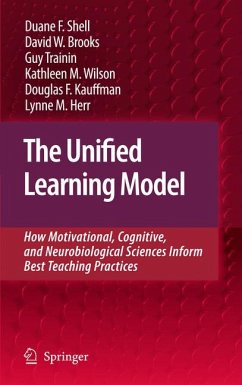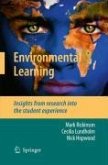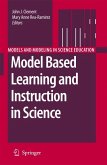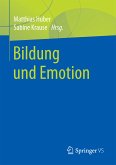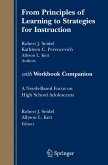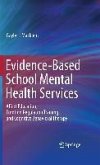This, then, is a book about how humans learn. Its focus is on classroom learning although the principles are, as the name of the book suggests, universal. The text's scope covers learning from pre-school to post-graduate, as well as training in business, industrial and the military. It addresses all learning described by the word "thought", as well as anything we might try to teach, or instruct in formal educational settings.
The book presents a model of learning that the authors offer as scientists rather than educators. They assert that more than enough is known to sustain a "scientific" model of learning. Rather than being a mere review of the literature, this work is a synthesis. Many scholars and teachers will have heard much if not most or even all of the information used to develop the model. What they will not have come across is a model - designed to be both accessible and usable - that puts together the information in just this way.
Dieser Download kann aus rechtlichen Gründen nur mit Rechnungsadresse in A, B, BG, CY, CZ, D, DK, EW, E, FIN, F, GR, HR, H, IRL, I, LT, L, LR, M, NL, PL, P, R, S, SLO, SK ausgeliefert werden.
"This is an excellent book about how learners learn and behave in a classroom and how this understanding about learning could be put to use by teachers for effective teaching. ... the authors have successfully tied different ideas, concepts, and theories of learning into one model that is easy to understand even for those readers who do not have a background in education. I highly recommend this well-written and engaging book to all teachers, researchers, and students." (Sandhya N. Baviskar, The American Biology Teacher, Vol. 73 (4), April, 2011)
"The writers of The Unified Learning Model (ULM) intend their book to satisfy classroom teachers as well as teaching and learning researchers. The book is divided into chapters within two major sections, developing the model and applying the model. ... This book reinforced for me the value of modeling and practicing problem solving for students. ... It gives the reader a variety of things to contemplate about memoryand learning, the most challenging and enjoyable being the ULM itself." (Greg Diersen, The American Biology Teacher, Vol. 73 (4), April, 2011)

